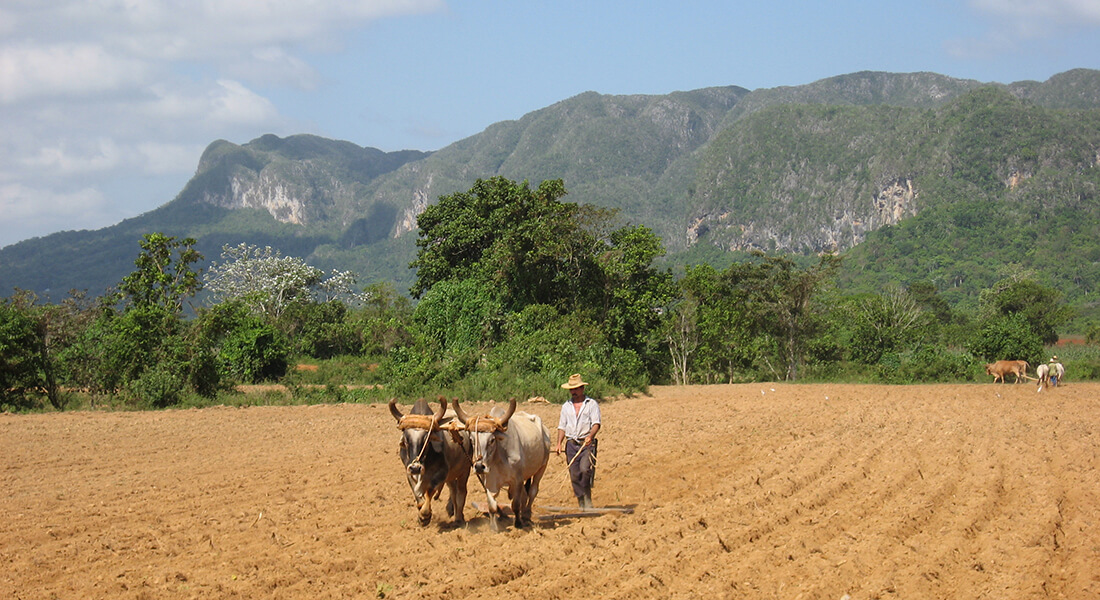
Professor Carsten Smith-Hall

In the Section for Global Development, we contribute to sustainable futures through research, teaching, and outreach focused on nature-society relationships. We uncover, describe, and theorise these through our work on contemporary global challenges, such as curbing deforestation, mitigating climate change, halting biodiversity losses, and reducing poverty and socio-economic disparities.
Our section comprises an international group of researchers who conduct multi-disciplinarily research emphasising agricultural commodities and value chains, business and development, rural livelihoods and environmental reliance, state and non-state governance and institutions, climate adaptation and mitigation, renewable energy, forestry and conservation, indigenous territories and resource conflicts, urbanisation, and social movements and mobilisation. Theoretical perspectives include sustainable livelihoods and trade, agrarian studies, political economy and political ecology, production networks and value chains, environmental justice, property and citizenship, politics of knowledge, and common pool resource theory.
We deliver research-based courses and strive to integrate our thesis students into ongoing research projects. Our teaching environment invites and expects student engagement and emphasises feedback. Our 20 modules are key elements in more than 10 MSc programmes at the university. The modules span from immediate household-level reliance on assets such as land to international climate negotiations. In class, we work with data ranging from environmental product harvesting to people’s worldviews. We value interdisciplinary approaches and cover quantitative and qualitative methods, from structured surveys to policy analysis. We also introduce our students to fieldwork and primary data generation around the world. Our graduates work globally in the private, public, and civil society sectors.
We prioritise academic citizenship and outreach activities. We serve on the editorial boards of international journals and use our research to contribute to national and international public debates. We are also represented in a number of academic advisory bodies and advise both public and civil society organisations.
Professor Carsten Smith-Hall is head of the Section for Global Development.